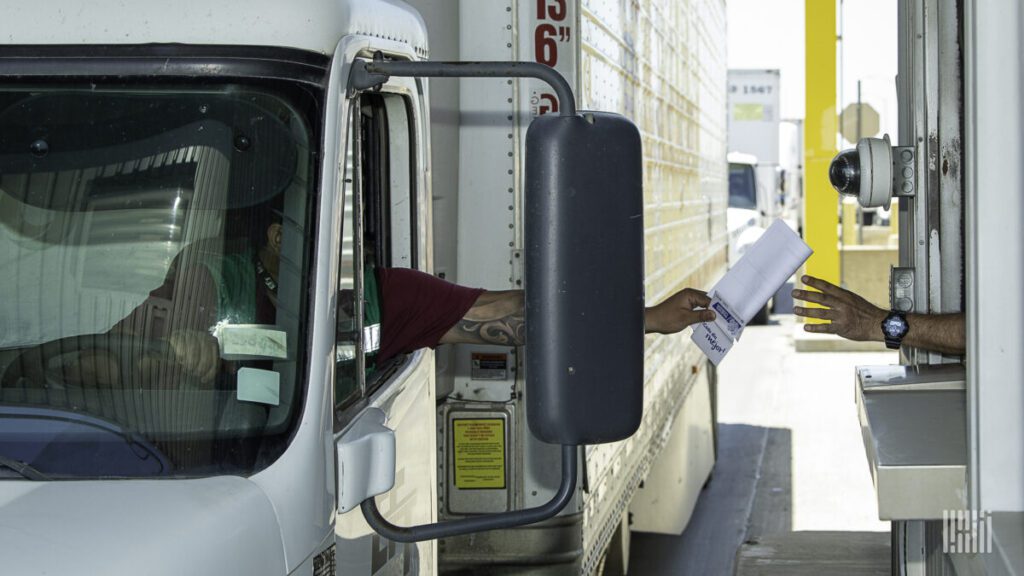Home » Resources » Carrier Verification Strategies to Combat Rising Freight Fraud
September 10, 2024
Carrier Verification Strategies to Combat Rising Freight Fraud

At Reliance Partners, we understand the growing concern around freight fraud and the critical role that carrier verification plays in addressing this issue. With cargo theft on the rise—surging by 86% year over year in the fourth quarter of 2023, according to Cargo Net—2024 is shaping up to be a record-breaking year for fraudulent activities in the logistics space.
Fraud schemes range from entire trailers disappearing to thieves breaking into trucks. The problem is escalating, leaving shippers to bear the responsibility of mitigating their risk. In many cases, 3PL insurance may not cover losses if a load is tendered to one carrier but picked up by another. In such instances, shippers are often left to handle the claims themselves.
From an insurance standpoint, accountability is key. Many insurance companies are now requiring shippers to share responsibility for losses in cases of fraud, making risk mitigation more important than ever.
How Shippers Can Mitigate Fraud Risk
One of the first steps to combatting fraud is simple: verification. As Graham Gonzales, our Executive Vice President of Sales at Reliance Partners, advises, “Shippers should ensure that the truck’s wrap and the Bill of Lading (BOL) information match, and they should question any discrepancies immediately.”
In cases where an incorrect carrier arrives, Gonzales emphasizes the importance of not loading that carrier and reporting potential fraud to both the freight broker and local authorities. Fraudulent carriers often work in networks and use sophisticated methods to swap drivers and equipment, making verification essential.
By establishing internal protocols for carrier verification, shippers can significantly reduce their risk of falling victim to fraud. Though the industry lacks standardized verification processes, many shippers are taking proactive steps, such as fingerprinting drivers and checking insurance documentation, to protect their shipments.
The Future of Carrier Verification
As fraudulent tactics evolve, the need for industry-wide standardization of verification protocols becomes more urgent. Gonzales supports the movement toward standardization, acknowledging that while it may take time, educating shippers on their role in preventing fraud is vital. Failing to verify carrier identities not only increases theft but also leads to higher insurance premiums, tighter margins, and, in some cases, the failure of logistics businesses.
At Reliance Partners, we are committed to helping shippers protect their freight and reduce fraud. To learn more about how we can assist with your risk mitigation strategies, click here.
To check out the full article visit our friends at FreightWaves.